why water?
696 million people in the world live without clean water.
696 million people in the world live without clean water.
Or, twice the population of the United States. 1
The majority live in isolated rural areas and spend hours every day walking to collect water for their family. Not only does walking for water keep children out of school or take up time that parents could be using to earn money, but the water often carries diseases that can make everyone sick.
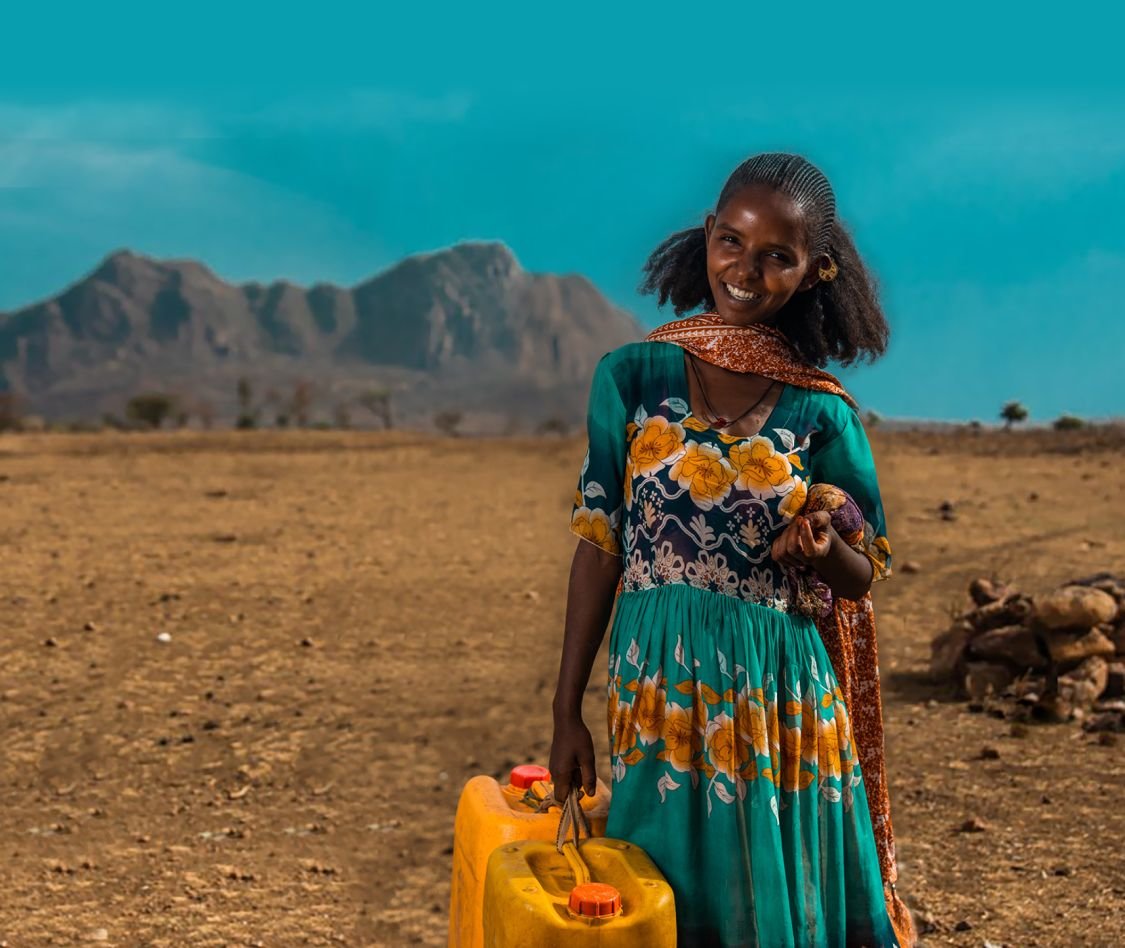
Clean water changes everything.
Access to clean water means education, income and health - especially for women and children.
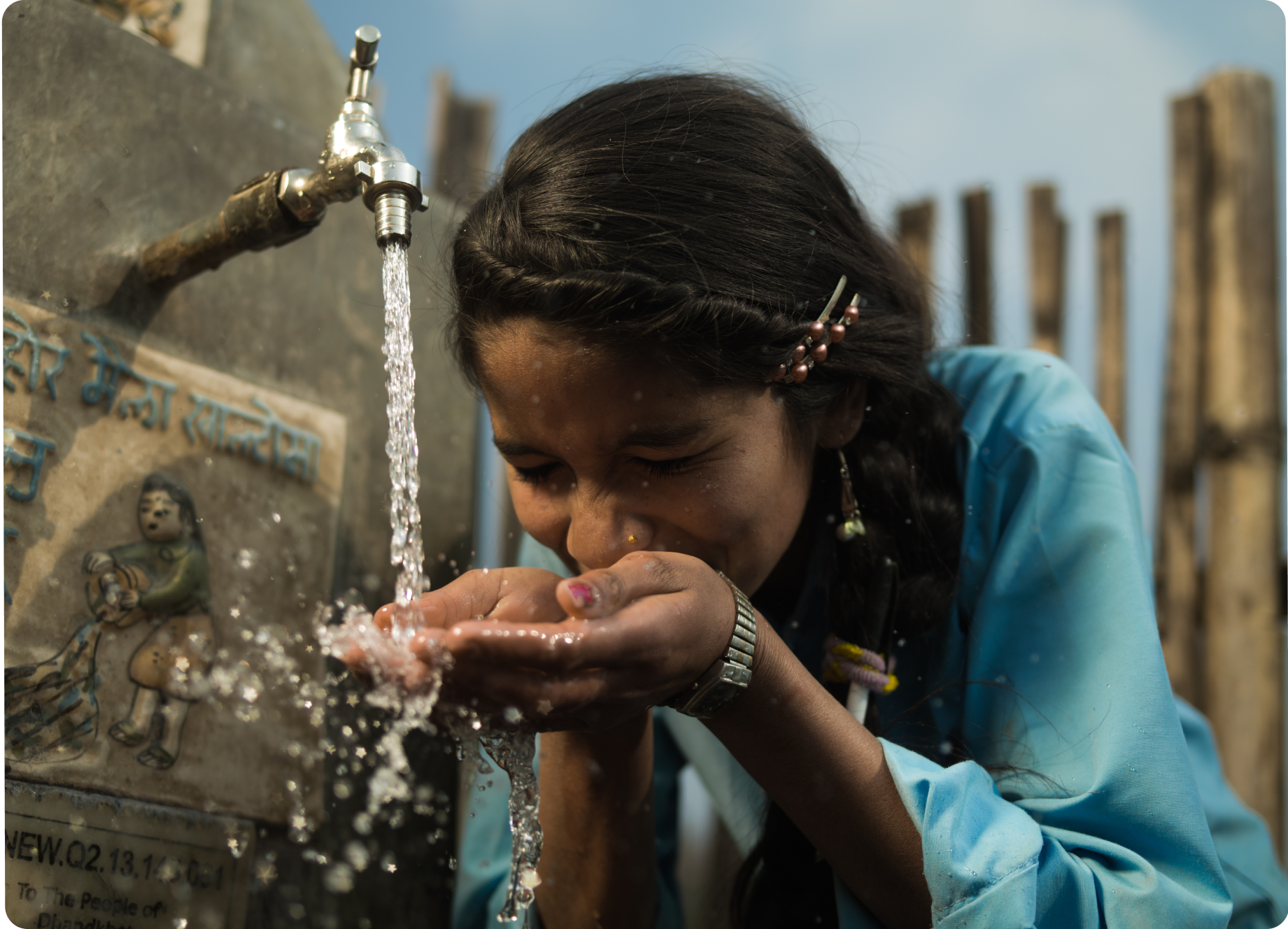
health
Children under-five are on average more than 20 times more likely to die from illnesses linked to unsafe water and bad sanitation than from conflict. 2
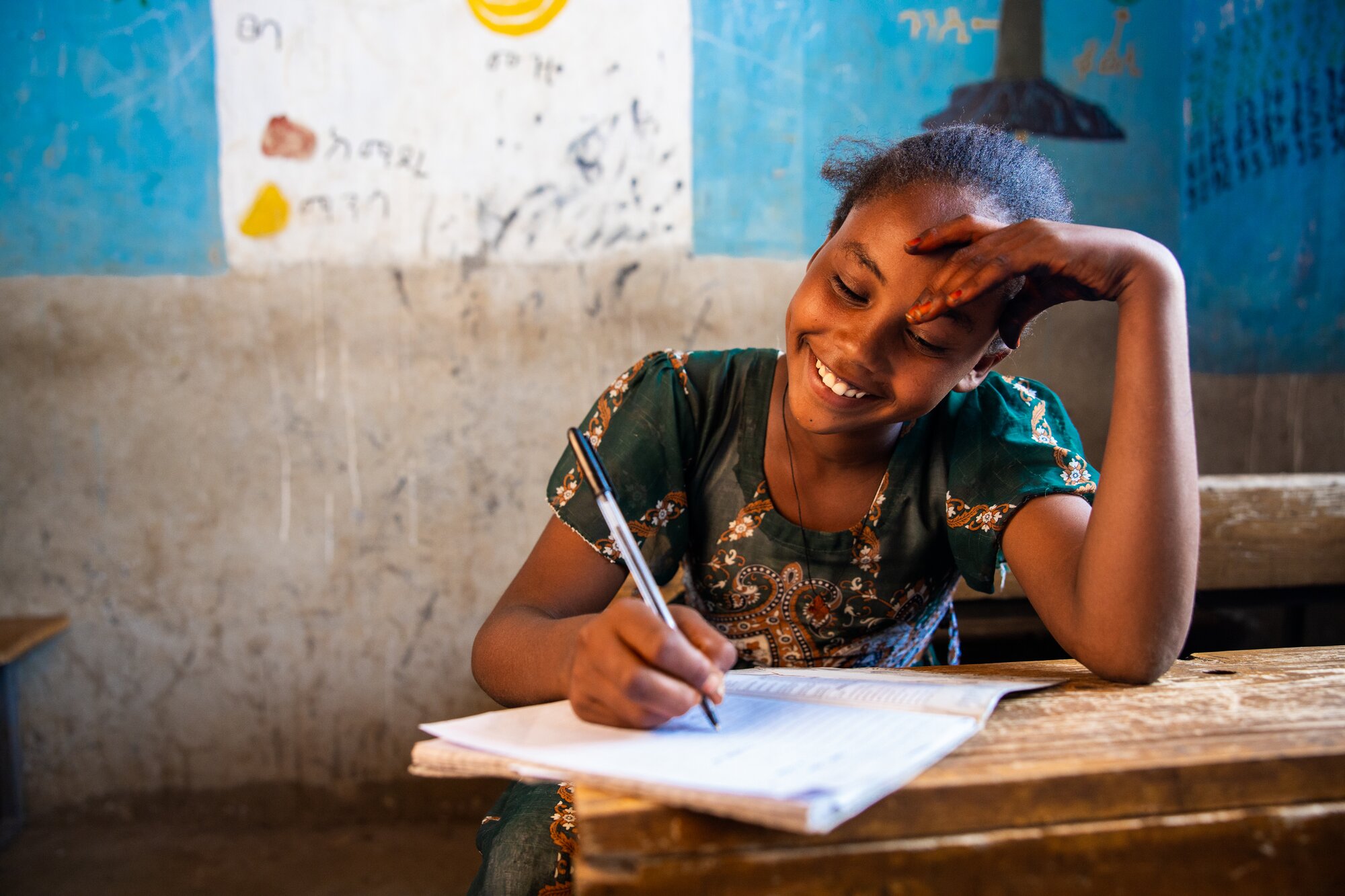
education
Children under-five are on average more than 20 times more likely to die from illnesses linked to unsafe water and bad sanitation than from conflict. 2
Less time collecting water means more time in class. Clean water and proper toilets at school means teenage girls don’t have to stay home for a week out of every month.
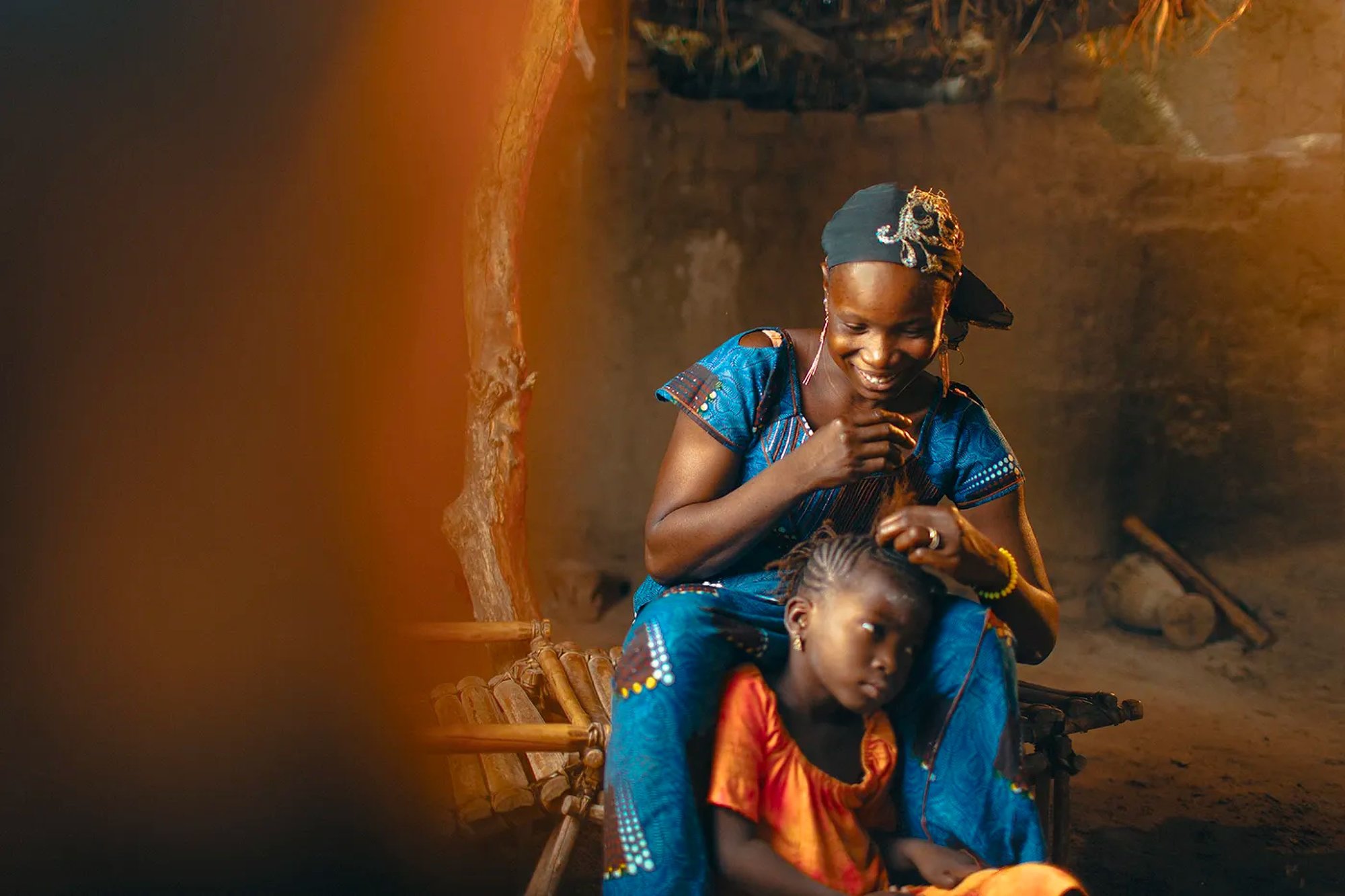
women
Children under-five are on average more than 20 times more likely to die from illnesses linked to unsafe water and bad sanitation than from conflict. 2
When a community gets water, women and girls get their lives back. They start businesses, improve their homes, and take charge of their own futures.
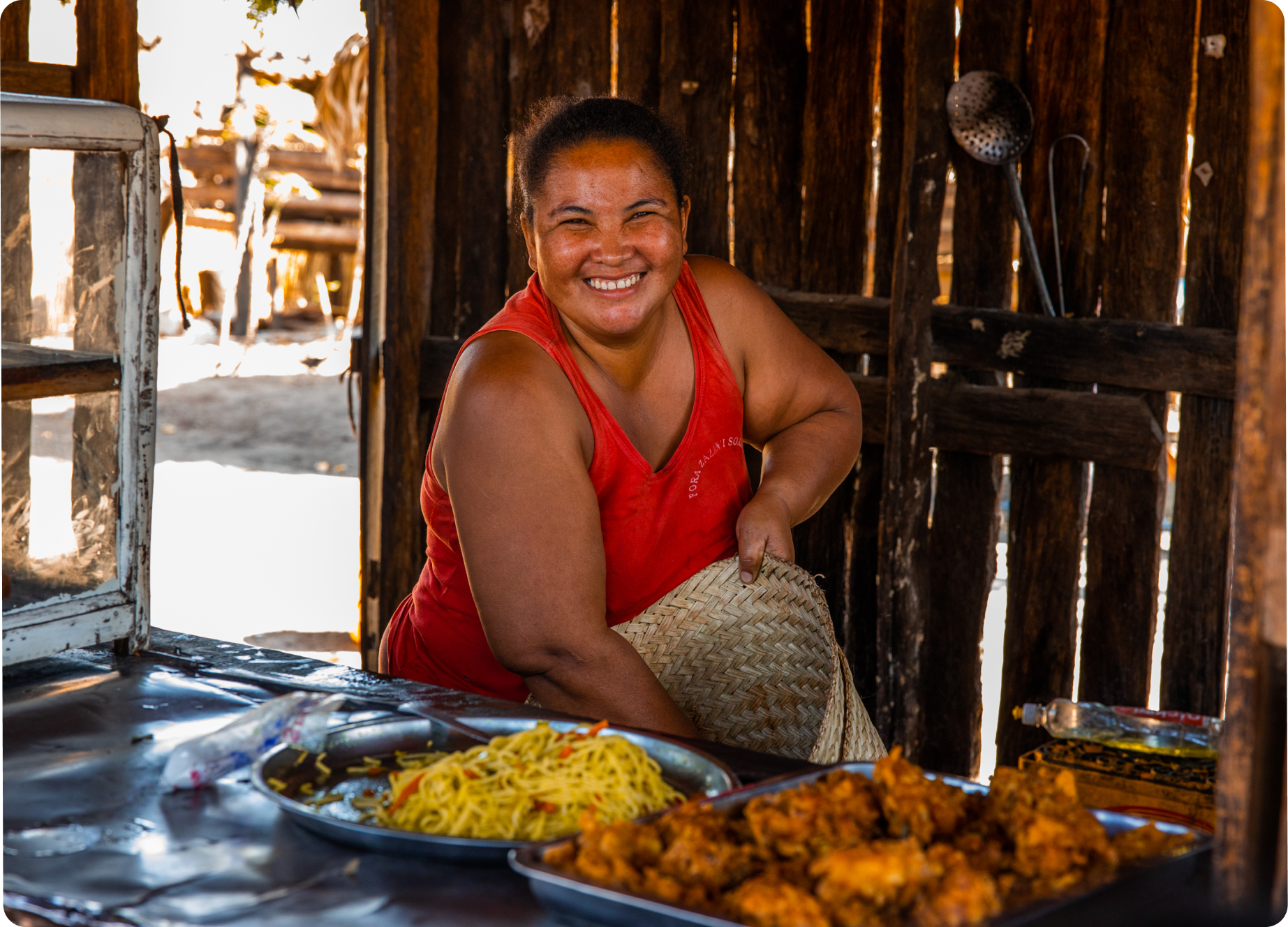
economic growth
It’s a solid investment; access to clean water is perhaps the single most powerful tool for sparking economic growth that humanity has ever known. 4
Children under-five are on average more than 20 times more likely to die from illnesses linked to unsafe water and bad sanitation than from conflict. 2
health
Diseases from dirty water kill more people every year than all forms of violence, including war.
Children under-five are on average more than 20 times more likely to die from illnesses linked to unsafe water and bad sanitation than from conflict. 2
explore Health
Education
Clean water helps keep kids in school, especially girls.
Less time collecting water means more time in class. Clean water and proper toilets at school means teenage girls don’t have to stay home for a week out of every month.
explore Education
Women's empowerment
Women and girls are responsible for water collection in 7 out of 10 households with water off premises. 3
When a community gets water, women and girls get their lives back. They start businesses, improve their homes, and take charge of their own futures.
explore women's empowerment
economic growth
Every $1 invested in joint water supply and sanitation provides a $4.30 economic return.
It’s a solid investment; access to clean water is perhaps the single most powerful tool for sparking economic growth that humanity has ever known. 4
explore economic growth
how we work
How do we tackle the water crisis?
We work with local experts and community members to find the best sustainable solution in each place where we work, whether it’s a well, a piped system, a BioSand Filter, or a system for harvesting rainwater. And with every water point we fund, our partners coordinate sanitation and hygiene training, and establish a local Water Committee to help keep water flowing for years to come.
Access to clean water changed the lives of Hadjara, Umu, Natalia, and Devison.
Hadjara
Natalia
Devison
Umu
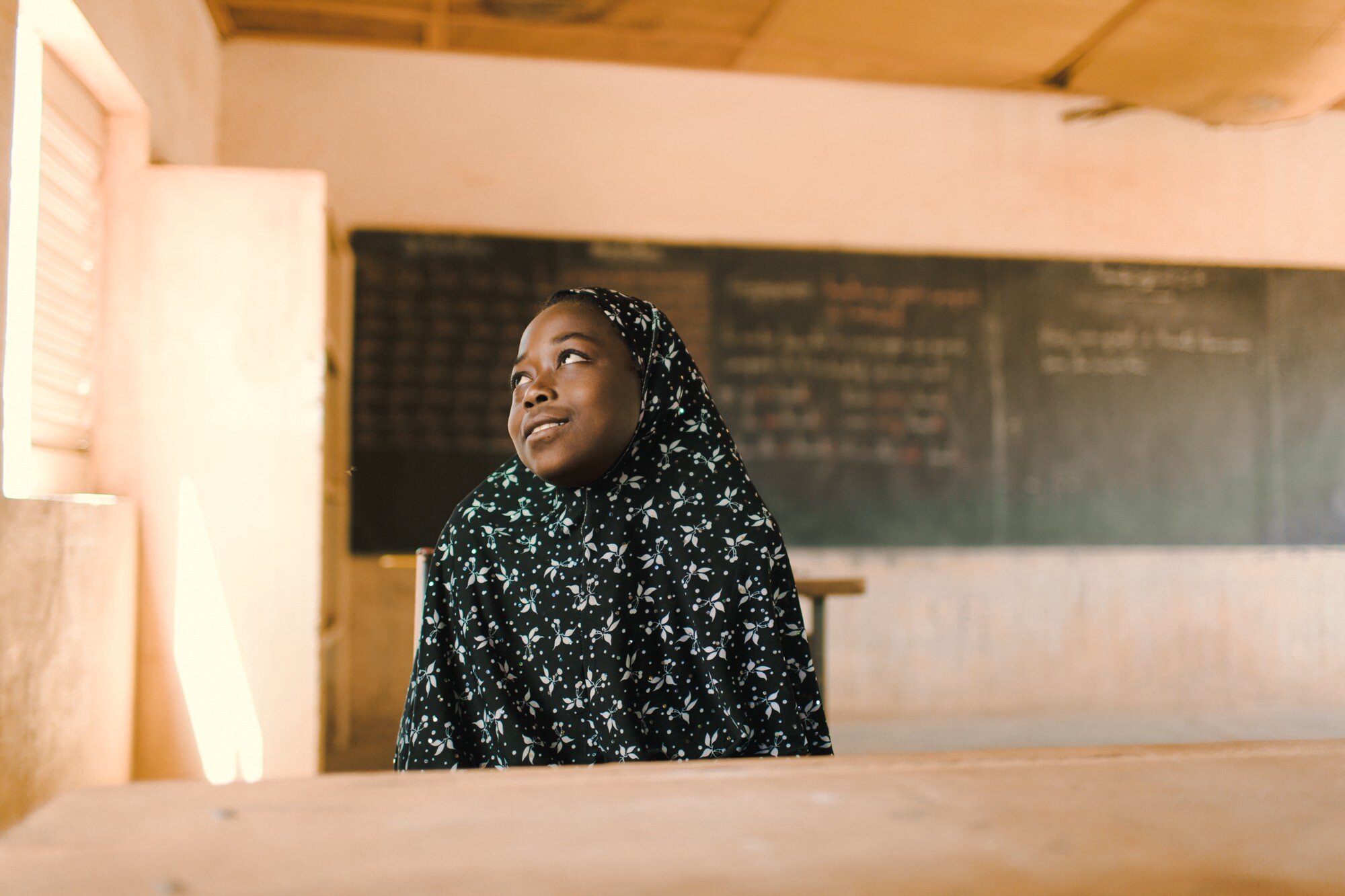
Hadjara learned about the importance of handwashing in school. Then she went home and taught her family about it, too. Now, her family is healthier than ever.
meet hadjara
Help bring clean and safe water to every person on the planet
Our work to end the water crisis needs your support. You can help provide education, income, dignity, and health — especially for women and children.
Other Ways to Give
Donate by Check
Make checks payable to charity: water. If you're donating in honor of someone, sponsoring a water project or want to direct your donation to our operating costs, please write that in the memo of your check.
Unfortunately, we cannot accept donations to The Spring via check.
Tax receipts will be mailed within four to six weeks after the donation has been processed.
International Giving
charity: water is a registered charity in the UK. To make a tax-efficient donation in GBP, visit charitywateruk.org. For other international donations, we accept bank issued money orders in USD. Money orders should be made payable to charity: water and can be mailed to the address below. For donations over $6,000, we also accept wire transfers; email info@charitywater.org for more information.
Please note, only donations made by eligible US taxpayers may be tax-deductible.
Donate Stock
We're able to accept donations in the form of stock, government (including municipal) debt and corporate debt through the Depository Trust Company (DTC). For security, settlement and reduced paperwork, electronic transfer through the DTC is preferred. This can be arranged from most brokerage accounts.
Unfortunately, we cannot accept donations to The Spring via stock.
Please contact info@charitywater.org for more information on making a stock donation.
Thanks to generous private donors who fund our operational expenses, 100% of your donation directly funds clean water projects.